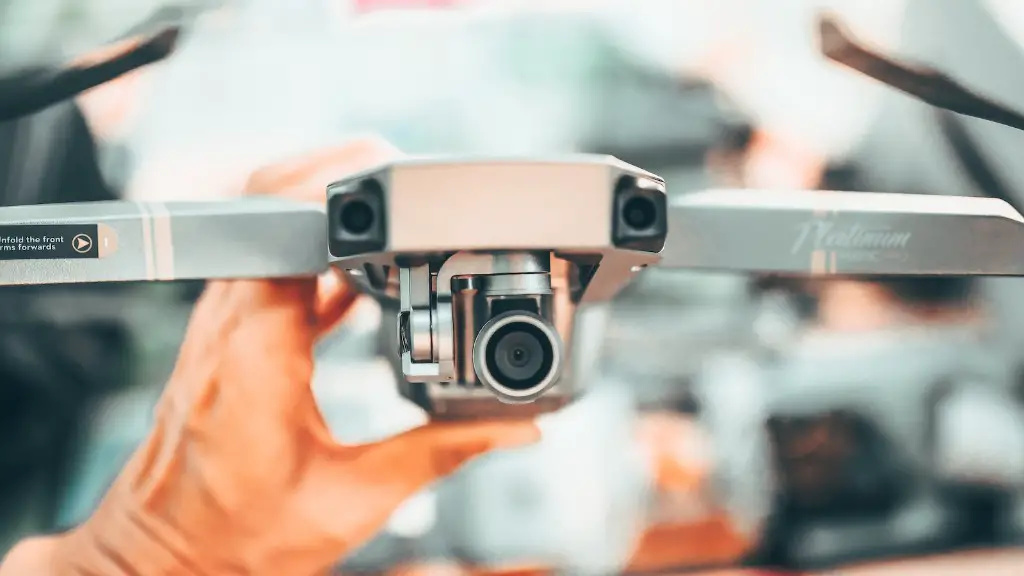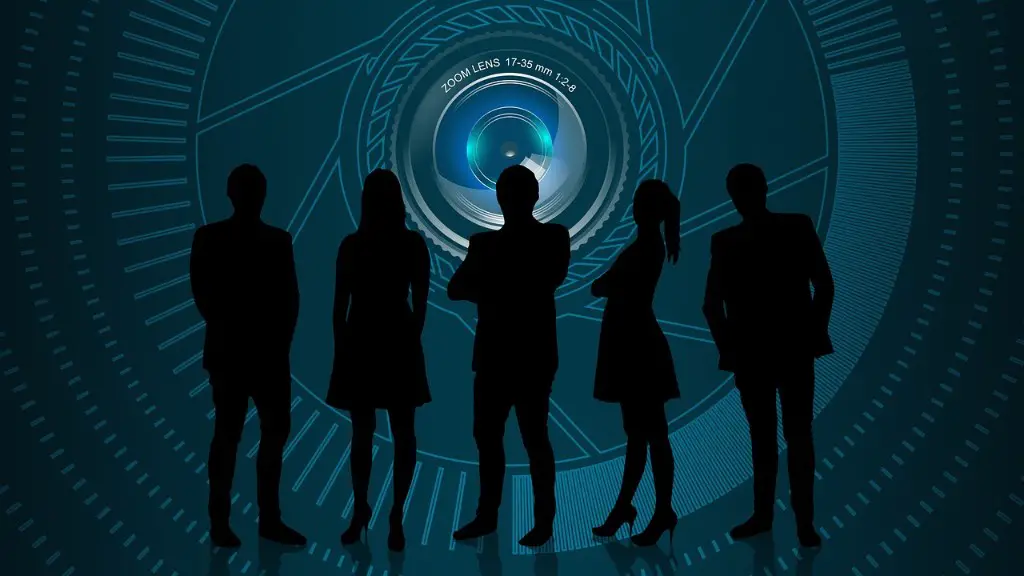What Is The CIA of Information Security
Information security has become a growing concern in the digital age. With the proliferation of digital data and the connectivity of our networks, it has become increasingly important to ensure that our data is kept safe. The CIA of information security references the confidentiality, integrity and availability of data, commonly referred to as the “CIA triangle.”
Confidentiality ensures that data is kept secure from unauthorized access. Integrity ensures that data is not changed in any unauthorized way. Availability ensures that data is accessible when it is required by authorized individuals. Together, these three components form the basis of the CIA triangle.
The goal of the CIA triangle is to protect against data leakage, modification, corruption, and loss of availability. It is essential that these components are addressed in any information security strategy. For example, an organization may have the necessary measures in place to protect the confidentiality of its data, but if the same data is not protected with measures that ensure its integrity and availability, it may still be at risk of loss or manipulation.
Organizations typically use a combination of methods to protect the CIA triangle. These range from access control systems and encryption technologies, to physical security measures and authentication protocols. Many organizations also hire dedicated professionals to build, maintain, and monitor their security measures so that they can ensure that their information is secure.
It is important to note that the CIA triangle is not a one-size-fits-all approach to information security. Depending on the organization’s needs and threats it may face, other measures may also be necessary. For instance, if an organization is dealing with sensitive customer data, additional measures such as access logs and audit trails may be put in place to monitor access and changes to the data.
Organizations that are able to effectively employ strategies and technologies to protect their CIA triangle are better able to protect their data from unauthorized access, manipulation and loss of availability. This not only helps to protect their customers and employees, but also to maintain their reputation, strengthening their overall cyber-security posture.
Importance Of Protection Against Data Breaches
Data breaches have become an increasingly common occurrence, with organizations losing trillions of data points every year. This data can be used to cause financial, legal, and reputational damage to the organization. In fact, it has been estimated that the average data breach costs companies over 4 million dollars.
By following the principles of the CIA triangle, organizations can reduce the potential for data breaches. This is done by designing security measures that prevent unauthorized access to the data, as well as measures to detect and respond to any malicious or accidental changes that may occur. Additionally, organizations should ensure that data is securely backed up on a regular basis and access to the data is restricted to authorized users only.
By following these guidelines, organizations can reduce their risk of suffering a data breach and ensure that their data is kept secure.
Staying Up To Date On Security Best Practices
Organizations need to stay up to date on the latest security best practices to ensure that their information is kept safe. This includes regularly performing threat assessments to determine any potential risks or vulnerabilities that may exist, and implementing appropriate controls to address them. Additionally, organizations should be sure to use the latest encryption technologies and authentication methods when transferring information.
Organizations should also take advantage of security training programs and ongoing monitoring to ensure that their staff is aware of the latest threats and vulnerabilities. By doing so, organizations can ensure that their security measures are properly implemented and monitored.
Finally, organizations should always be prepared for a security incident. This includes having a plan to respond to an attack, as well as measures to restore data and systems in the event of a successful attack.
Health Of A Network
The health of a network can often be determined by the ways in which it is being protected. If a network is being properly secured with strong authentication protocols, appropriate access control systems, and the latest encryption technologies, then it is likely that it is secure and the data within it can be trusted.
Organizations should also ensure that the network infrastructure is regularly monitored to detect any signs of tampering or malicious activity. Additionally, attackers often try to exploit known vulnerabilities in the system, so organizations need to ensure that these vulnerabilities are patched in a timely manner. This can help to reduce the vulnerability of the network, as well as protecting the data within it.
Understanding Compliance Requirements
Organizations operating in certain industries may also be subject to compliance requirements. These can specify certain security features that must be implemented. For instance, organizations in the healthcare sector may be required to employ strong encryption technologies to protect sensitive data.
Organizations should ensure that they are aware of any applicable compliance requirements, and ensure that they have the necessary measures in place to meet the requirements. By doing so, organizations can reduce their risk of suffering from a data breach.
Conclusion
Organizations must consider the CIA triangle when implementing any security measure. By doing so, it can help to protect against unauthorized access, modification, corruption, and data loss. Additionally, organizations should stay up to date on the latest security best practices and ensure that their networks are secure and their data is appropriately protected.




